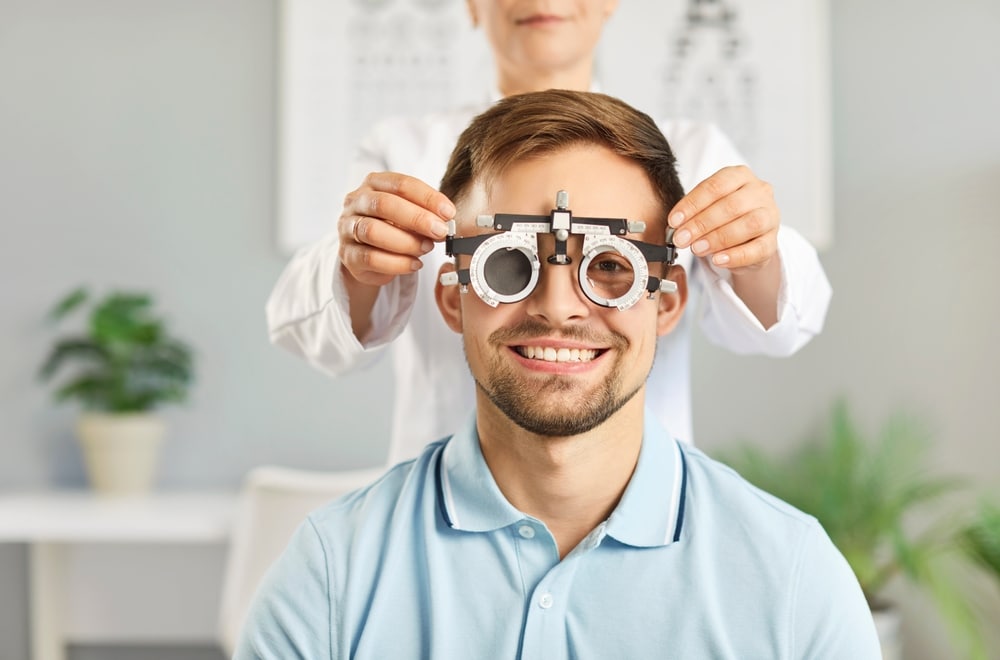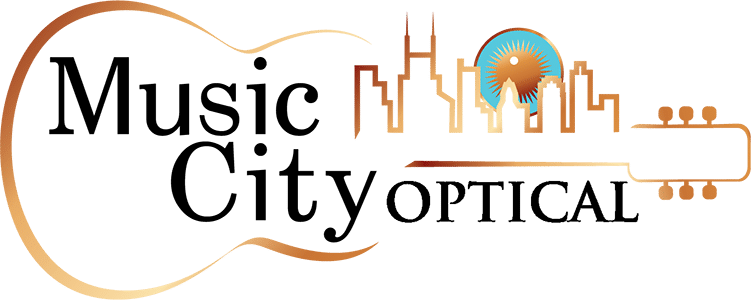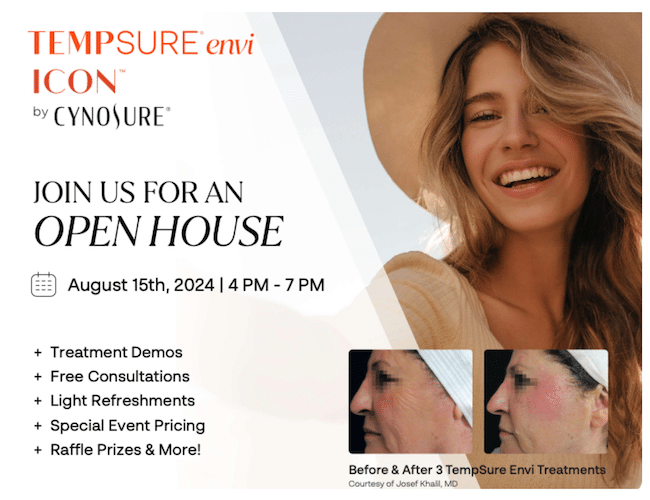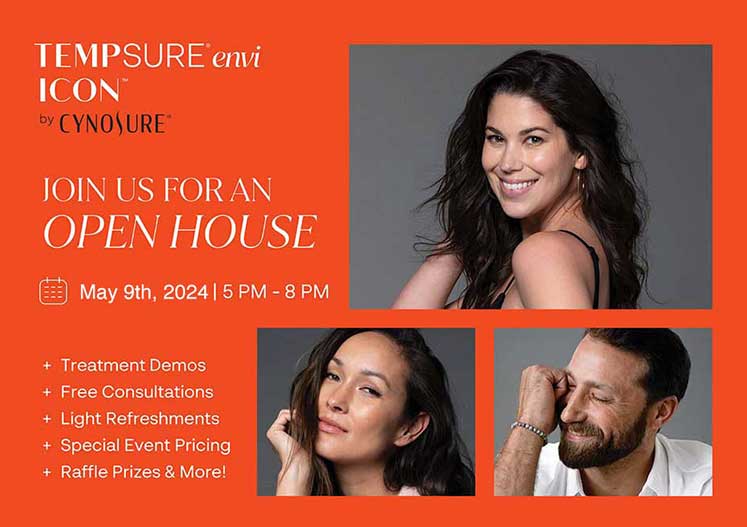There are a few main types of retinopathy, which refers to damage or disease affecting the retina, the light-sensitive layer at the back of the eye that plays a crucial role in vision. If you’re wondering what is retinopathy, think of it as a condition where the blood vessels in the retina become compromised. Over time, this can lead to vision problems and, in severe cases, permanent blindness.
Several types of retinopathy exist, and they’re especially common in people with underlying health issues like diabetes and high blood pressure. The good news is that most cases of retinopathy can be detected early during routine comprehensive eye exams. At Music City Optical in Nashville, we use advanced diagnostic tools to identify and manage these conditions before they significantly impact your vision.
If you’re experiencing symptoms or fall into a higher-risk group for one or more of these types of retinopathy, now is a good time to schedule an appointment with a trusted Nashville eye doctor. At Music City Optical, you’ll find the city’s most trusted professionals who utilize the latest technology to help you achieve your best overall eye health. Book your appointment today!

Common Types of Retinopathy
Of the four main types of retinopathy, diabetic retinopathy is the most common. Regardless of the type, all forms of retinopathy share a common mechanism: compromised blood flow to the retina. If left untreated, these changes can lead to retinal detachment and permanent vision loss. All types of retinopathy also share signs and symptoms, so it’s important to understand what to look for as you age, particularly if you fall into a higher-risk population.
1. Diabetic Retinopathy
This is the most common form of retinopathy in the U.S., and it develops as a complication of diabetes. Chronically high blood sugar levels can damage the tiny blood vessels in the retina, causing them to leak or become blocked. The longer you have diabetes, the higher your risk becomes. According to the National Eye Institute, diabetic retinopathy is expected to affect more than 14 million Americans by 2050.
2. Hypertensive Retinopathy
High blood pressure can also damage the blood vessels in the retina. Over time, this pressure can cause vessel walls to thicken and narrow, restricting blood flow to the retina and eventually leading to vision changes or loss.
3. Retinopathy of Prematurity
This condition primarily affects premature infants, especially those born before 31 weeks of gestation. Abnormal blood vessel growth in the retina can lead to detachment and blindness if not treated early.
4. Central Serous Retinopathy
This type is more common in adults and occurs when fluid builds up under the retina, usually due to leaking blood vessels. It can cause visual distortion or a blurry spot in the central vision and is often linked to stress and steroid use.
Retinopathy Symptoms to Watch For
Symptoms of retinopathy can be subtle at first, which is why routine check-ups with a Nashville optometrist are so important. Over time, you may notice one or more of the following symptoms of retinopathy:
- Blurred or fluctuating vision
- The appearance of dark floaters
- Trouble seeing at night
- Black or empty spots in your visual field
- Sudden changes in how clearly you see
If any of these sound familiar, it’s time to consult a Nashville eye doctor. Early detection is crucial for managing the condition and preserving your vision.
Treatment Options for Retinopathy
Treating retinopathy depends on its type and severity. Your eye doctor will recommend a plan that may include one or more of the following:
- Injectable Medications: Anti-VEGF medications can be injected directly into the eye to reduce abnormal blood vessel growth and fluid leakage. These quick in-office treatments are typically painless and help protect against further damage.
- Laser Therapy: This option uses focused light to seal off leaking blood vessels and shrink abnormal ones. Laser treatment is commonly used in both diabetic and hypertensive retinopathy and can help stabilize vision.
- Vitrectomy: For more advanced cases, especially where bleeding or scar tissue is present, a vitrectomy may be necessary. This outpatient surgical procedure removes the vitreous gel from the eye and relieves pressure on the retina.

Why Regular Eye Exams Matter
When it comes to managing any type of retinopathy, early intervention makes a difference. Routine comprehensive eye exams allow your optometrist to catch subtle signs before symptoms escalate. At Music City Optical, our team is experienced in detecting and managing all types of retinal disease using state-of-the-art technology. Whether you’re dealing with diabetic retinopathy, hypertensive retinopathy, or simply want peace of mind, we’re here to help.
Book your next comprehensive eye exam with a trusted Nashville optometrist today and take control of your eye health before problems start to affect your daily life.


